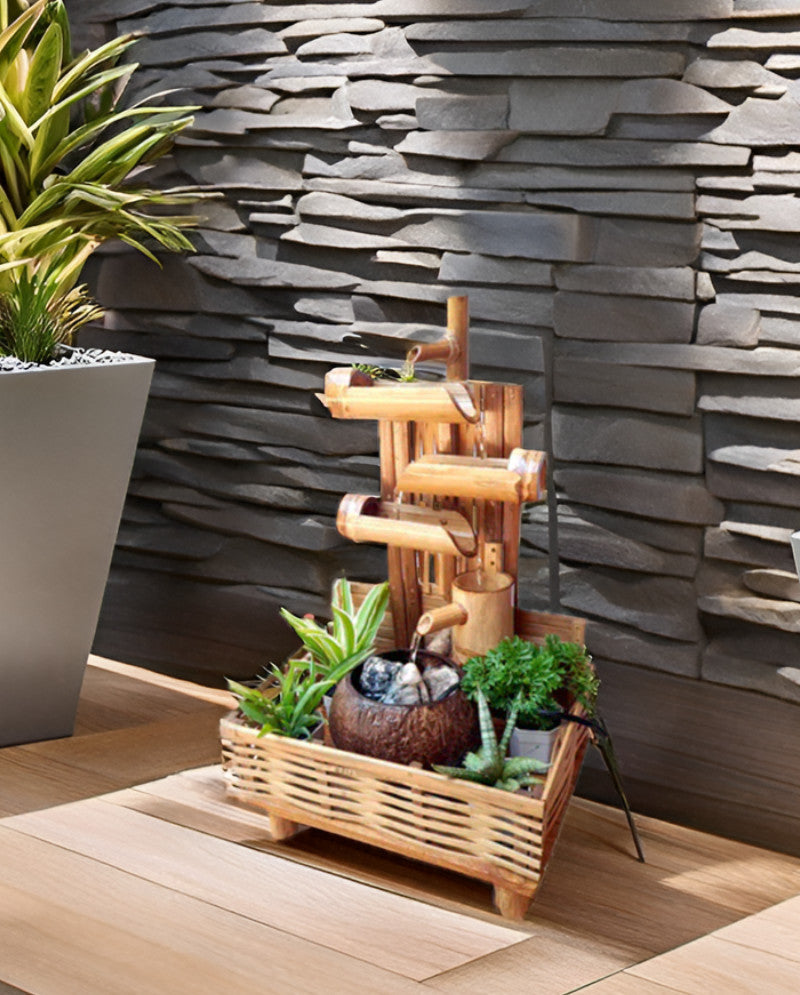
How to Make Soil More Acidic Organically for Gardening
A lower pH level allows certain plants to more effectively absorb nutrients from the soil so they can flourish. When soil pH is too high, it can pose problems for plant health and growth. For many plants, soil that is high in alkalinity makes it harder for plants to drink in nutrients from the soil, which can limit their optimal growth.
Making your soil more acidic can be challenging because water is often alkaline, and limestone within the soil is regularly breaking down, also increasing alkalinity. Fortunately, there are some organic methods that have proven to be very useful in lowering soil pH in gardens. Here are some suggested ways to make the soil more acidic organically.

Test Your Soil
It is essential you analyze your soil to help understand the pH level. You can obtain a simple test kit at your local garden center. This results will help guide you on next steps to amend your soil accordingly. The pH scale ranges from 0 to 14, with 7.0 being neutral. pH levels that are 0 to 6.9 are acidic, and measurements in the range of 7.1 and 14.0 are more alkaline. The general goal for vegetable gardens is to have a pH of around 6.5, although there are plants whose ideal pH growing environment varies from those parameters.
Amend Your Soil with Well-Decomposed Compost
Add plenty of organic matter each time you plant in your garden. Well-decomposed compost helps lower the pH of garden soil over time. Amending your soil each season with compost, which is rich in organic matter, is by far the best way to make your soil more acidic because it is done gradually and creates the most benefits for plant growth. It also improves the soil structure and adds beneficial micro-organisms into the soil.

Compost Tea
Watering your plants with compost tea can also help make the soil more acidic organically. It is also a great way to feed your plants with fast-acting nutrients. Just take a five-gallon bucket of water and let it sit out in the sun for 24 hours to allow any chlorine to release from the water. Dump some well-decomposed compost into the bucket, usually 1-2 cups per gallon of water, and stir it periodically over 48 hours so that it steeps well. Strain the soil from the liquid. Pour the liquid in a sprayer and use as a foliar feed or simply pour it into a watering can and water your garden with it. Work the solids into the soil at the dripline around the plant(s).
Elemental Garden Sulfur
Applying organic, elemental garden sulfur is a safe and efficient way to make the soil more acidic. Sulfur is an essential nutrient that can bolster disease resistance in plants. It is important to follow the instructions on the package when it comes to this nutrient. Although it is beneficial to plants and can lower the pH of your soil dramatically, it can also have adverse effects on your plants if you overdo it.

Mulch
Use organic mulch in your garden beds. The material will break down over time, helping to make soil more acidic in the process. Mulching with pine needles or oak leaves can provide an acidic boost. Organic mulches are beneficial for many other reasons as well, such as reducing soil erosion, retaining moisture, regulating temperature, and the release of beneficial nutrients into the soil.
Coffee Grounds
Don’t underestimate the power of your morning coffee! Save those coffee grounds and sprinkle them around your garden or add them to your compost pile. As coffee grounds break down, they will also contribute to making your soil more acidic.
Sphagnum Peat Moss
Peat moss is an excellent soil amendment for acid-loving plants and is easy to incorporate into the soil. Simply add two to three inches to the top of the soil and work it into the layers of topsoil underneath.
Peat moss has lowered in its popularity in recent years both for the cost for expansive gardens and the fact that it is not a highly renewable resource. There is also some controversy on what its harvesting process does to contribute to global warming.
Maintaining Your Soil
It can be a constant struggle for gardeners to maintain the correct levels of acidity in garden soil. Test your garden soil periodically to see where it lies on the pH scale and amend accordingly. Another tip is to consider what you are using to water your garden. Ideally, the most sustainable method is to collect natural rainwater in buckets, rain barrels, or watering cans to best imitate nature. Sometimes, water from the garden house can be very hard water with a high pH, which can also impact pH of your garden over time.


